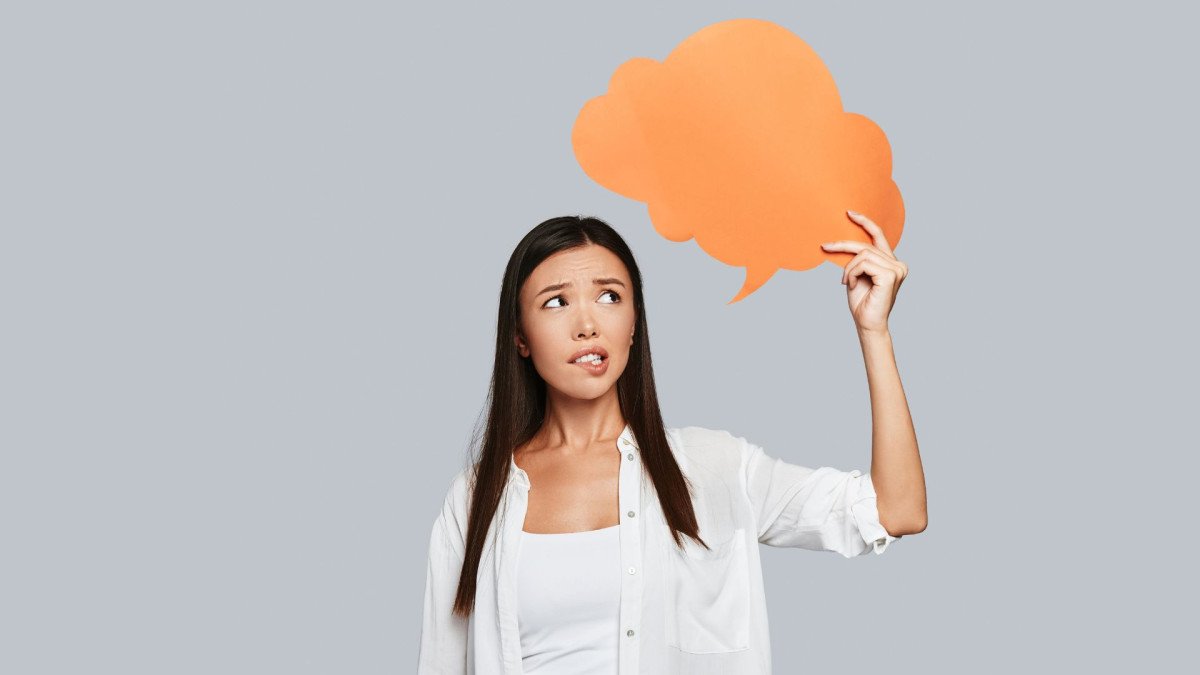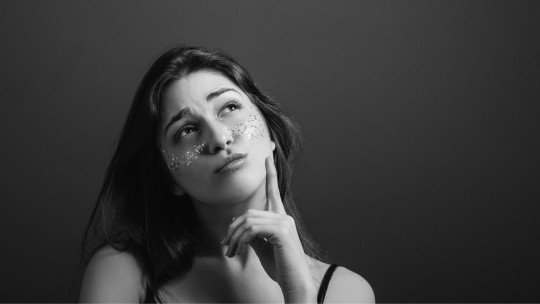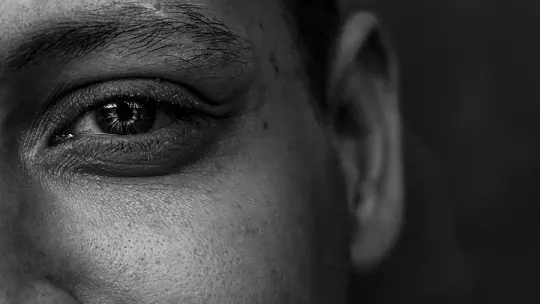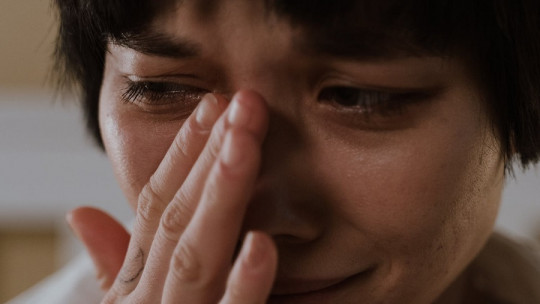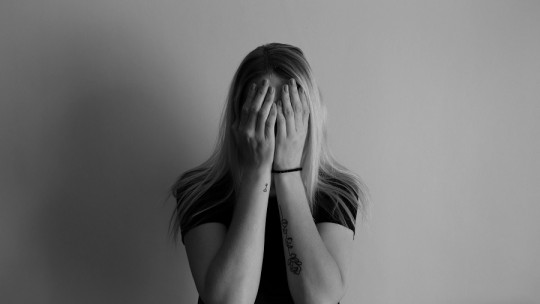Based on how I interpret reality, I determine my way of feeling The way we perceive reality is conditioned by where we live, what we learned, what gave us pleasure, what made us obtain a reward in the past and what things also hurt us or made us feel sad. This is how we build our universe, modeling those particular glasses that will make us see our world and that of others in a singular and unique way and also sometimes quite far from objective reality.
Awareness of our behaviors and thoughts
However, What we think can be a habit in our emotional responses, both positively and negatively To the extent that what we think is repeated, we find ourselves unknowingly conditioning our brain, creating beliefs that will remain imprinted on it. In this way we will have automated responses and behaviors as well as ways of thinking and feeling.
It is for this reason that when we want to modify a behavioral habit, for example smoking or always thinking the worst in a situation, to the extent that we are aware of when and why we light that cigarette or feel that catastrophic impression about something again, it is possible. That immediately the awareness of that act makes us reduce the consumption of tobacco or ideas that do not suit us, of course this is a first start, but just as with tobacco, we can also try to do it with our beliefs, prejudices or ways. of thinking and feeling.
This is one of the bases of cognitive therapy where, broadly speaking, retraining is proposed from being more aware of behaviors or thoughts that we overlook due to the naturalness with which we have learned them and have been practicing them The intention is to go from automatic to manual if the metaphor is allowed, in short the fact of getting used to circumstances due to their repetition does not make this healthy, our neurons also get used to this circumstance of repetition in such a way that We do not pay attention to it, this extends to any type of behavior, such as taking for granted that we are loved and therefore it is not necessary to take care of our partner, it can also refer to situations of abuse in the work or personal sphere or any other behavior that is not positive for us but where naturalness wins over well-being.
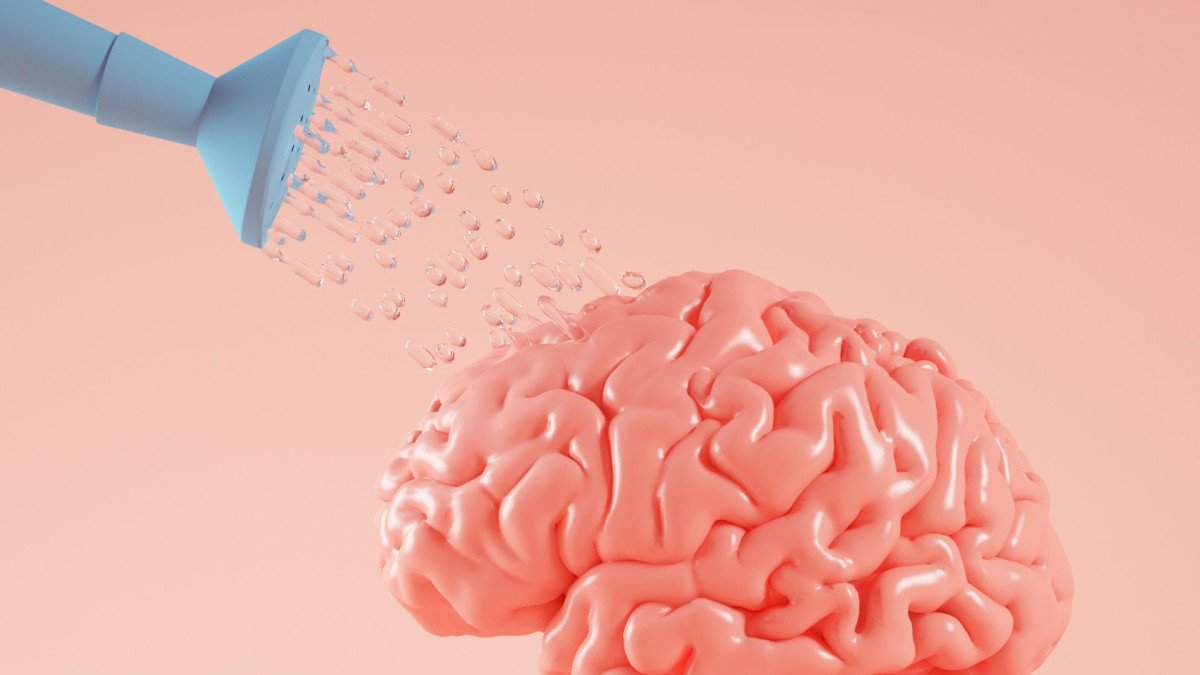
The nature of uncertainty
What is clear is that Both our emotions and our brain are intertwined in such a way that when we target one of these aspects we also modify the other Our mind in its task of maintaining control, because it is there, in control where it is protected, tries to get an idea of what is happening in the world and it is in this way that it builds a scheme of reality.
When the perception you are receiving is very different from the one we have instinctively put together, you reject it, this is how the first emotion you feel will be that of perceiving that something strange and perhaps dangerous is approaching, in this way it will trigger psychic responses, physiological and hormonal corresponding to the perception of what you believe is happening.
This explains why it is so necessary for communication to be assertive, this means that what we say is armed in such a way that it makes it easier for the other person to associate it with their own pre-arranged reality so that it allows us to reach their interior and thus giving him the possibility of inclusion and revision of his world in the face of the new idea.
This is part of what we do as psychologists in therapy and explains why we need real and psychic time to be able to say or approach things that perhaps as a therapist we knew in advance but we evaluate that our patient is not in a position to receive at that moment and we must postpone and adapt to each person’s timing. This aptitude is supported by professional training that requires training and practice.
Now, what happens in each of us when reality confronts us with that cognitive dissonance, that is, with that contrast between what I have inside my head and what is happening in front of me and this does not match my ingrained parameter. of the life? This generates tension, pain, irritation, frustration. Here we struggle with what are usually called beliefs, our own model of reality. These beliefs can be of all kinds, religious, political, but also simply about the way the world works or should work, both ours and that of others.
The stronger our beliefs, the stronger the confirmation bias will be, that is, evidence that demonstrates the opposite of what we think, say or feel. Our brain puts us on the defensive if someone or something tries to change the way we process information
Discomfort, disbelief, denial, and tolerance for frustration are present to us in the face of the perception of instability that we believe happens in our world. What gave us security is threatened, we can only react in this way. Quite the opposite, occurs when what confronts us is a situation of meaning and correspondence with our internal world, making the sensation pleasant, since, by being consistent with our internal world, it allows us to know how to move in that environment.
The feeling that certainty or uncertainty produces in us carries a large number of emotions many of which we mentioned above, but there are more, this makes us think about how fragile we humans are when, for better or worse, we maintain rigid beliefs, and little subject to change.
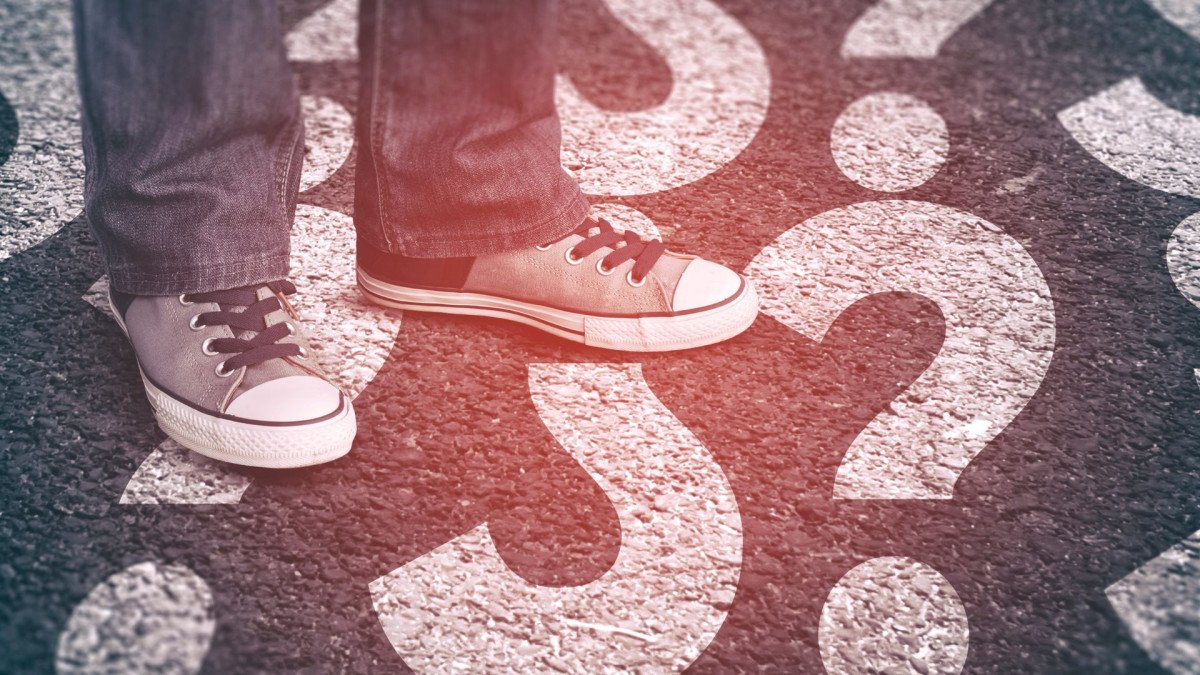
Biology, mind and psyche
It is good to understand that emotions are at the core of any belief and we build our reality influenced by what we feel Finding ourselves faced with a disruptive model of our reality leads us to face the reorientation of both physical and psychological homeostasis. Much of our mental health depends on this flexibility and the possibility of responding to surprise.
It is logical to think that the sooner we teach our children, collaborators or ourselves to understand that changes are part of our life, the easier it will be to carry it out, surely with more happiness but above all with much more peace.
One factor to take into account is that uncertainty generates an increase in magical thinking, which is why when faced with situations that disturb us, for example when our partner changes behavior or our health becomes blurred, we seek shamans or advice from people who promise us wonderful or magical situations that leave aside understanding what is really happening to us.
Magic, misunderstood spirituality, extreme optimism lead us to discard our participation in what is happening to us and we lose objectivity, most likely because another of the effects of uncertainty is the presence of fear. This silent partner leaves us out of the situation, forming a vicious circle that generates more uncertainty
To give another twist to the paradox of uncertainty, we must say that scientifically it is known that uncertainty motivates us more than the best of certainties. This seems like a contradiction to what we talked about previously, but it is based not only on the daily routine of life, such as that person who ignores us becomes more attractive to us, or what cost me so much seems to be worth more than what turned out. easier.
These very common situations are the result of dopamine, a neurotransmitter associated with pleasure, but not only. The biological combination of neurotransmitters together with a world of psychic beliefs, where there are standardized parameters resulting from the culture in which we live, makes certain behaviors become more addictive or toxic than others.
The good news is that we are the product of biology and the psyche and that neither of the two aspects works separately , but instruction, trying to know ourselves, believing that we can and must change when necessary and convenient leads us to be the makers of our lives, and that although there are occasions where some of these aspects may predominate, always our own human uniqueness It is possibility and potentiality. We are more than conditioning and perhaps that is the true meaning of living.
